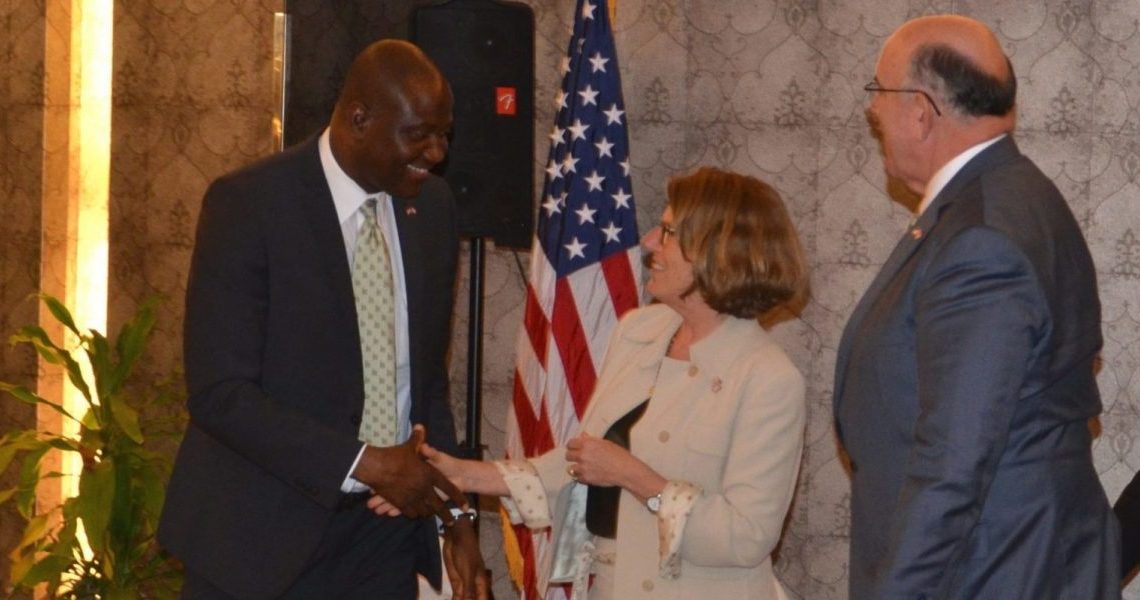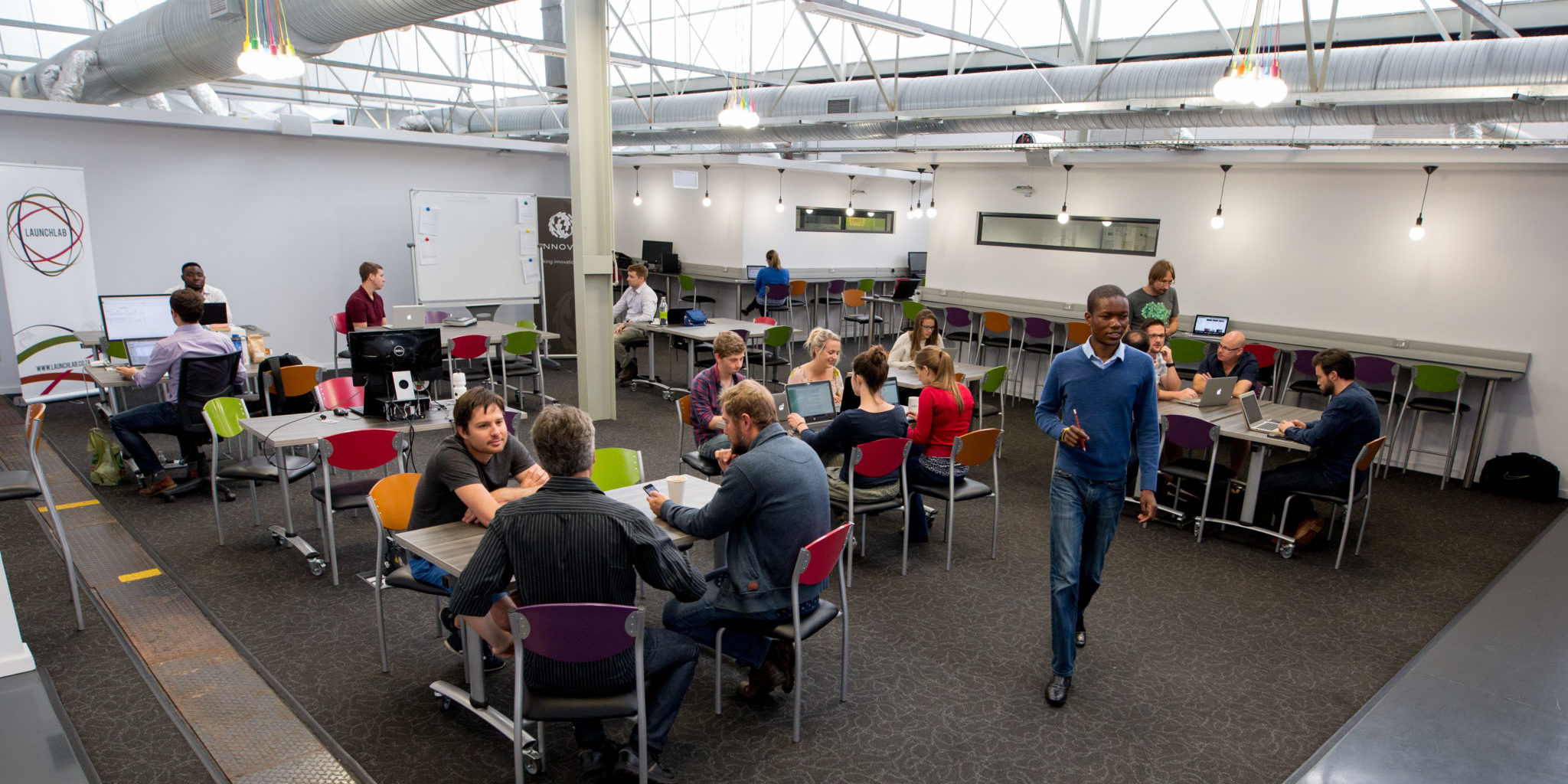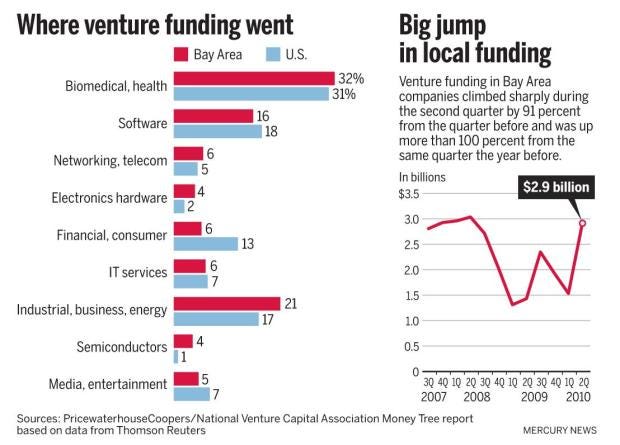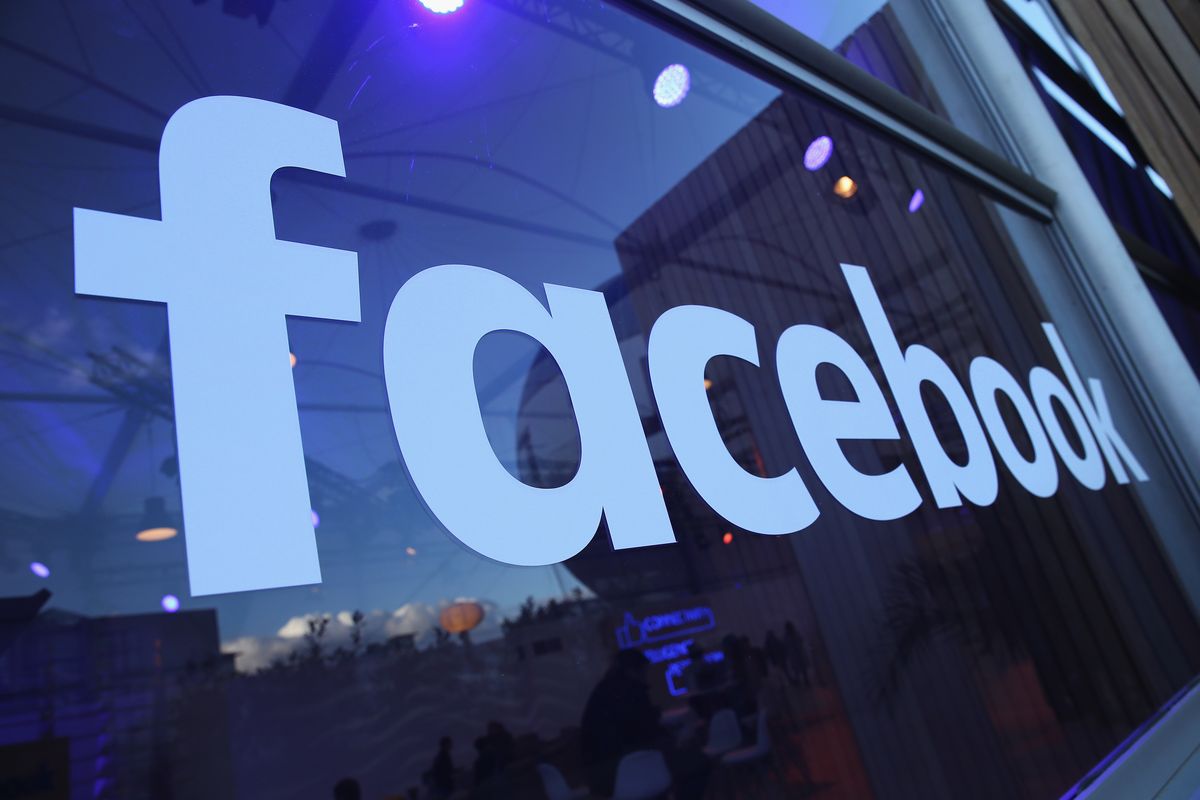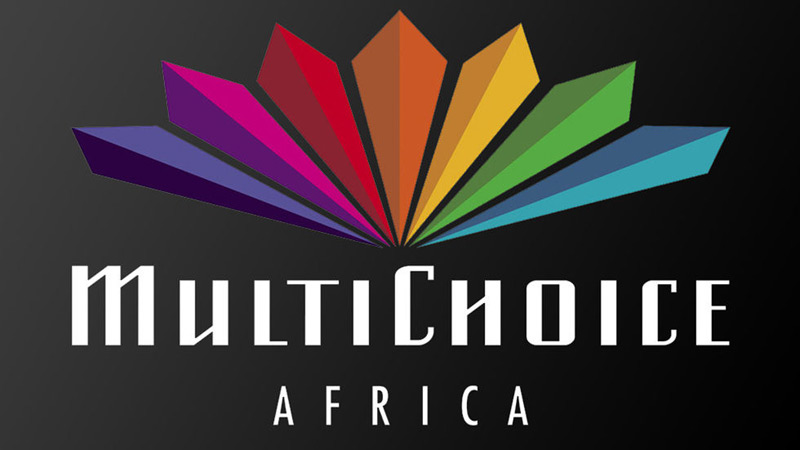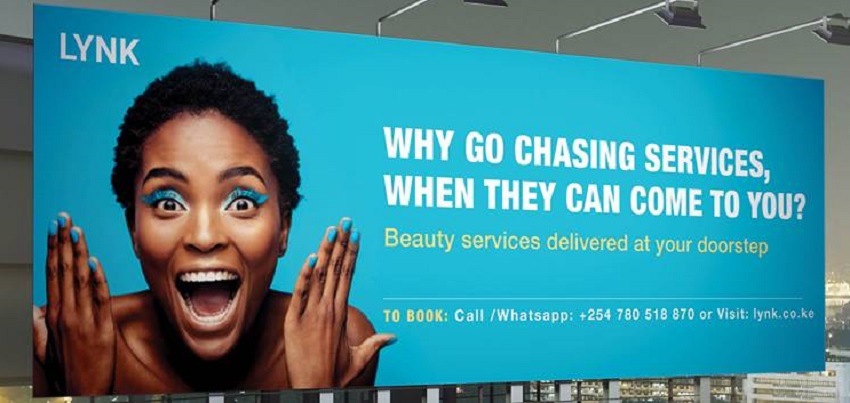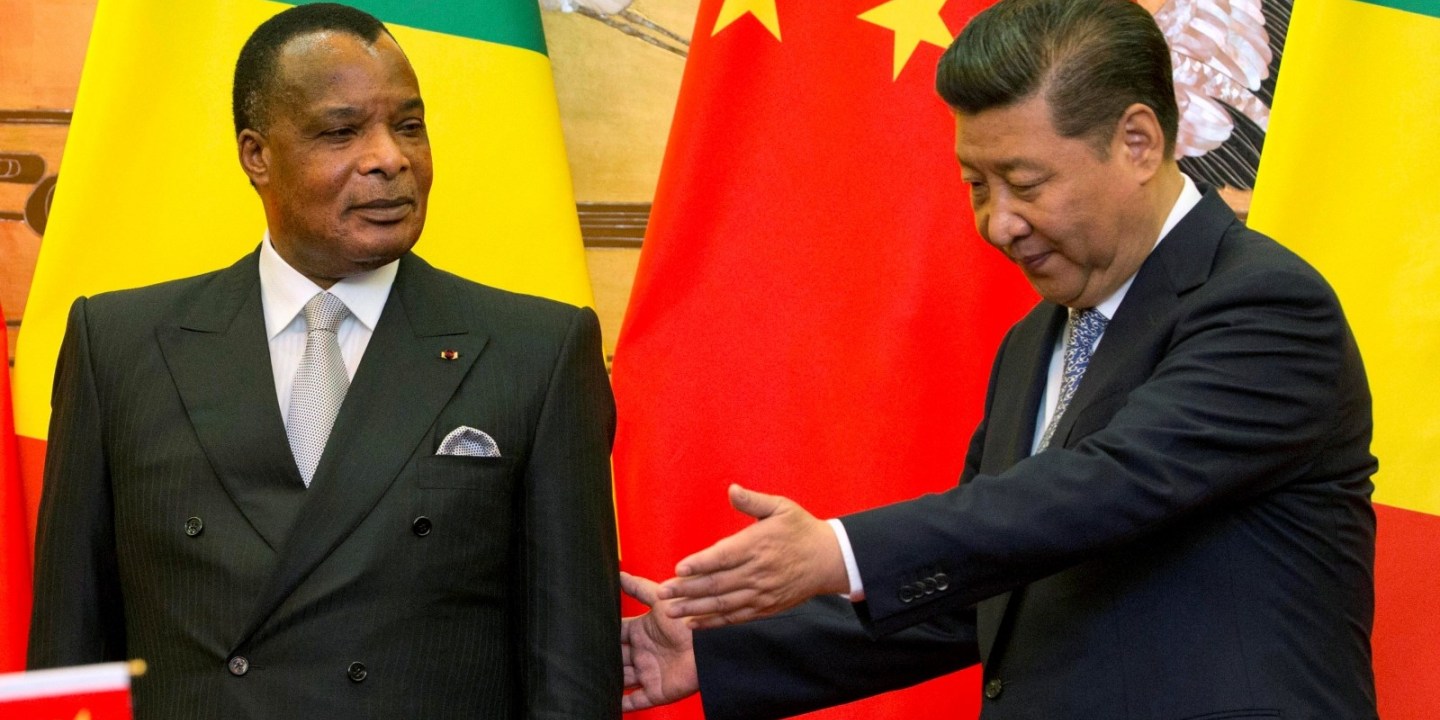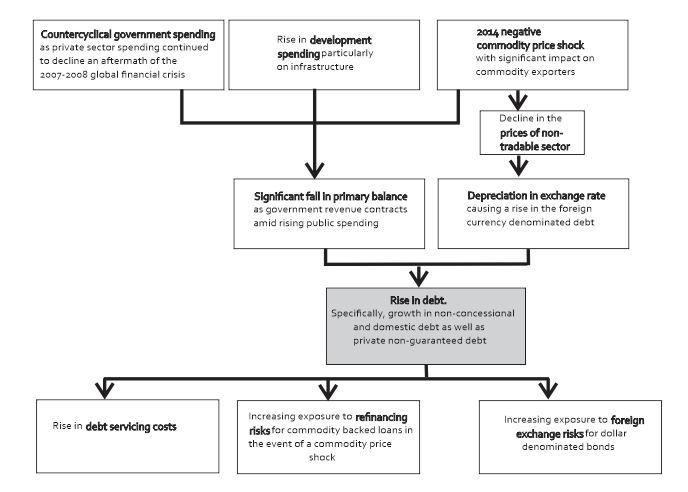Liberian Businesses Have Just Got A New US$20M Fund
Businesses in Liberia now have a new pool of funds to tap from. The Overseas Private Investment Corporation (OPIC), the United States government’s development finance institution has just approved a second facility of US$20 million for the Liberian, Enterprise Development Finance Company (LEDFC), a Liberian state-owned corporation established in 2007 to provide loans to Liberian- owned Small and Medium Enterprises (SMEs).

A Look At The New Funding
- This new funding just added to the existing funds within the disposal of the LEDFC.
- The new facility will encourage qualified Liberians SMEs to apply for funding.
- Under the terms of the new facility, the facility will be used to lend to Liberian owned small and medium businesses.
- An additional US$16 million will come from other sources to increase the lending pot to US$36 million, according to Dr. Papa Kwesi Nduom, CEO of Groupe Nduom, a Multinational Family Holding Business of Ghanaian and American origin comprising of over 60 independent companies across several industries.
- OPIC is a self-sustained US Government agency that helps American businesses invest in emerging markets.
- Established in 1971, OPIC provides businesses with tools to manage the risks associated with foreign direct investment, fosters economic development in emerging market countries, and advances US foreign policy and National security priorities.
- OPIC is a financial institution that has over the years helped American businesses gain footholds in new markets, catalyzes new revenues and contributes to jobs and growth opportunities both at homes and abroad.
“OPIC fulfills its mission by providing businesses with financing, political risk insurance, advocacy and by partnering with private equity investment fund managers.”
- Since its establishment, LEDFC has invested more than US$28 million over 500 small and medium enterprises and created more than 500 jobs in the Liberian economy, says Dr. Kwesi Nduom.
- LEDFC has financial inclusion as a priority and hence has three additional offices outside Monrovia.
“Up until the middle of June 2013, there was growing concern that the company would not survive because majority of loans were not performing. Groupe Nduom was contacted by CHF and OPIC due to its in-depth experience and knowledge in financial matters in the sub-region” noted Nduom

How Liberian Businesses Can Obtain Funding Under The Scheme
LEDFC provides flexible credit opportunities to small and medium scale businesses that are starting, rebuilding, or expanding their operations, including:
- Sole Proprietorships
- Partnerships
- Corporations
- Registered Cooperatives
Liberian businesses desirous of obtaining funds under the scheme should:
- be Liberian-owned (min. 51% ownership) and registered
- have a capable and experienced management
- have a collateral requirement of at least 1.4 times the loan amount
- plan to create jobs with loan proceeds
LEDFC loans range from US$10,000 to US$1,000,000. LEDFC works with clients to determine an appropriate loan size according to their unique needs and repayment capacity.
The level and type of security required will depend on the loan term, the business, and the borrowers’ credit history and references. Acceptable collateral includes:
- Equipment
- Assignment of receivables and contracts
- Real property (including land, buildings)
- Assignment of Insurance on assets
- Pre-signed checks
- Pledge of corporate stock
- Sales Assignment
Documents required to procure the loans include:
- Completed Loan Application
- Business Plan
- Financial Statements (Last 2 Years)
- Cash Flow Projections for the project and debt service period (include underlying assumptions)
- Credit References
- Copy of Business Registration
- Bank Statements (past 12 months)
- Details of all existing debt and obligations
- Staff Verification
- CVs of owners & key managers
- Copies of passports and/or national identification of owners
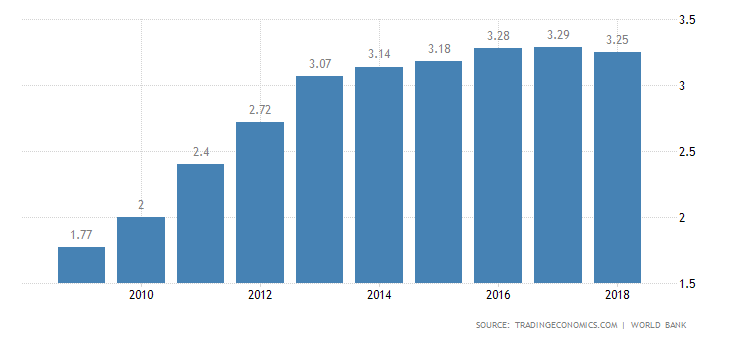
LEDFC offers two products, designed for evolving and expanding the business activity of Liberian companies at every phase of their development:
Short Term Loans
These loans (6 to 23 months) are geared towards working capital and other short-term needs.
Medium-Term Loans
Medium-term loans (2 to 5 years) for investments in equipment and other productive assets.
Charles Rapulu Udoh

Charles Rapulu Udoh is a Lagos-based Lawyer with special focus on Business Law, Intellectual Property Rights, Entertainment and Technology Law. He is also an award-winning writer. Working for notable organizations so far has exposed him to some of industry best practices in business, finance strategies, law, dispute resolution, and data analytics both in Nigeria and across the world.

